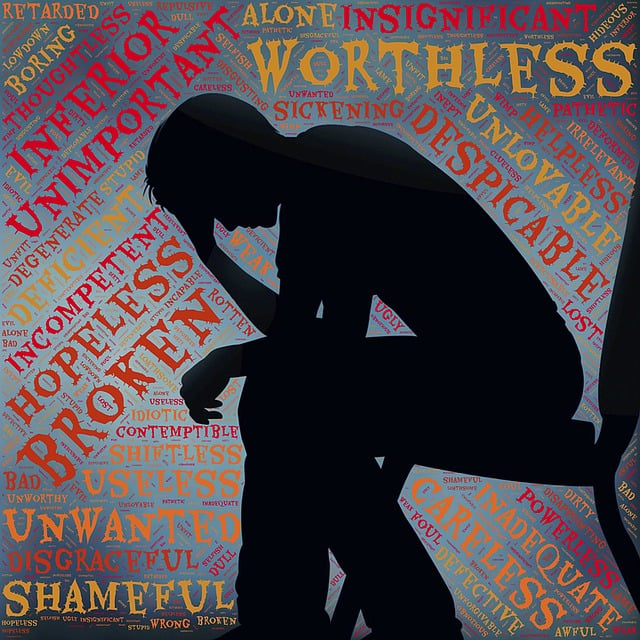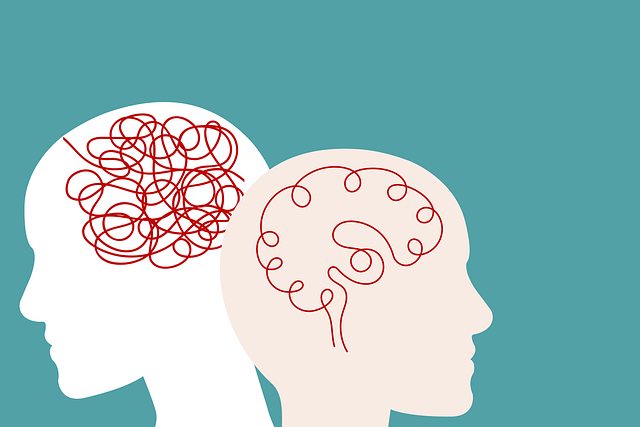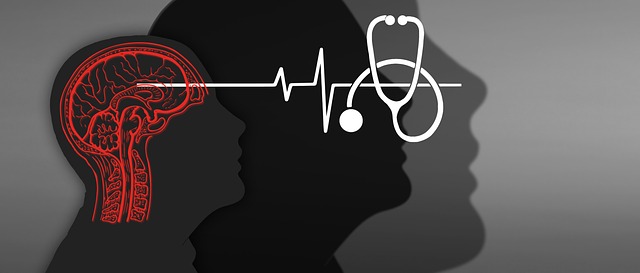Mental Health Crisis Hotlines (24/7) offer vital support to adults during severe emotional distress, including post-divorce adjustment. These services provide confidential listening and expert guidance from trained professionals, offering crisis intervention and navigating turbulent emotions. Recognizing distress signs and encouraging community support for mental well-being are key. Therapy options like CBT target negative thought patterns, teach coping strategies, and enhance resilience after divorce. Accessing hotlines, preparing feelings/stressors, and being open during calls maximize benefits, leading to better long-term mental health management.
“In times of mental health crisis, a simple call can be a lifeline. Mental health crisis hotline support services play a pivotal role in assisting adults grappling with distressing emotions post-divorce. This article delves into the significance of these hotlines, offering insights on understanding and navigating critical care. We explore how divorce impacts adult mental health and present effective therapy options tailored to post-divorce individuals. Additionally, we provide a comprehensive guide on accessing crisis hotline resources, empowering folks to find much-needed peace.”
- Understanding Mental Health Crisis Hotlines: A Lifeline for Adults in Distress
- The Impact of Divorce on Adult Mental Health and the Role of Support Services
- Navigating Therapy Options: Effective Approaches for Post-Divorce Adult Care
- Accessing and Utilizing Crisis Hotline Resources: A Guide to Finding Peace
Understanding Mental Health Crisis Hotlines: A Lifeline for Adults in Distress

Mental Health Crisis Hotlines serve as a vital lifeline for adults experiencing severe emotional distress or mental health crises. These 24/7 services provide immediate, confidential support through trained professionals who offer a listening ear and expert guidance. When individuals face challenges like therapy for adults dealing with divorce, these hotlines offer crisis intervention guidance, helping them navigate turbulent emotions and making informed decisions.
Beyond providing immediate solace, public awareness campaigns development around mental health crisis hotlines fosters empathy building strategies within communities. By raising awareness, these initiatives encourage people to recognize the signs of distress and understand how they can contribute to supporting those in need. This collective effort not only ensures that more individuals reach out for help but also strengthens the overall public health response to mental well-being.
The Impact of Divorce on Adult Mental Health and the Role of Support Services

Divorce can have a profound impact on an adult’s mental health, leading to increased rates of depression, anxiety, and even suicidal ideation. The emotional turmoil and life changes associated with separation can strain one’s ability to cope, especially for those lacking adequate support networks. In these challenging times, mental health crisis hotline support services play a crucial role in providing immediate assistance and guiding individuals toward long-term recovery.
These hotlines often offer therapy for adults facing divorce, utilizing evidence-based practices such as cognitive-behavioral therapy (CBT) to help manage symptoms. Community outreach program implementation can expand access to these services, ensuring that those experiencing crisis receive timely support. Furthermore, risk management planning for mental health professionals is essential in creating safe and effective interventions, while social skills training can empower individuals to navigate the aftermath of divorce with enhanced coping mechanisms and resilience.
Navigating Therapy Options: Effective Approaches for Post-Divorce Adult Care

Navigating therapy options after a divorce can be challenging, but there are effective approaches designed specifically for post-divorce adult care. Many individuals experience a range of emotions post-divorce, from sadness and anxiety to anger and confusion. Seeking professional help is a crucial step towards healing and rebuilding one’s life. Therapists specializing in divorce support offer safe spaces to process these feelings, providing tools for managing stress and promoting resilience.
One evidence-based therapy approach is cognitive-behavioral therapy (CBT), which helps individuals identify and challenge negative thought patterns associated with the divorce. CBT focuses on teaching practical coping strategies, improving social skills, and enhancing overall well-being. Additionally, group therapy sessions offer a supportive environment where people can connect with others going through similar experiences, fostering a sense of community and reducing feelings of isolation. Depression prevention techniques, such as mindfulness practices and stress management, are also integrated into these therapeutic models, ensuring comprehensive care tailored to each person’s unique needs.
Accessing and Utilizing Crisis Hotline Resources: A Guide to Finding Peace

Accessing crisis hotline resources can seem daunting, but with a few simple steps, finding peace during mental health crises becomes more manageable. The first step is to recognize when you or someone close needs immediate support. This could be triggered by intense emotions, sudden life changes like divorce, or feelings of isolation. Once identified, reach out; many hotlines offer confidential and free services available 24/7.
To make the most of these resources, prepare by jotting down your current feelings and recent stressors. During the call, be open about your situation; hotline operators are trained to provide therapy for adults dealing with various issues, including post-divorce adjustment. They can offer immediate guidance, connect you with local support groups or community outreach program implementations, and even suggest self-care practices or mental wellness journaling exercises to manage ongoing mental health.
Mental health crisis hotline support services play a pivotal role in assisting adults grappling with divorce-related stress. By offering immediate, confidential, and non-judgmental assistance, these hotlines empower individuals to navigate their emotional turmoil effectively. Combining crisis intervention with resources for therapy options, they serve as a comprehensive guidepost for post-divorce adult care. Leveraging hotline resources can significantly improve mental well-being, fostering resilience and healing in the aftermath of divorce. For those seeking professional support, understanding these services and how to access them is an essential step towards finding peace and pursuing tailored therapy for adults facing divorce.














